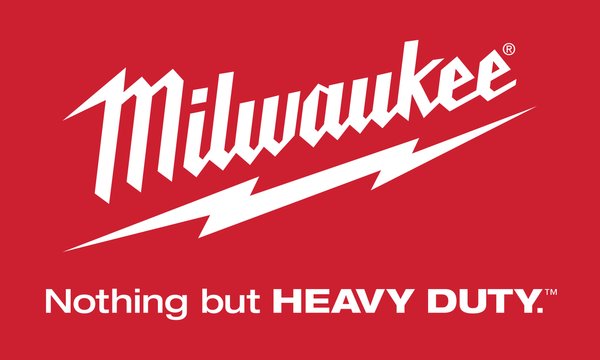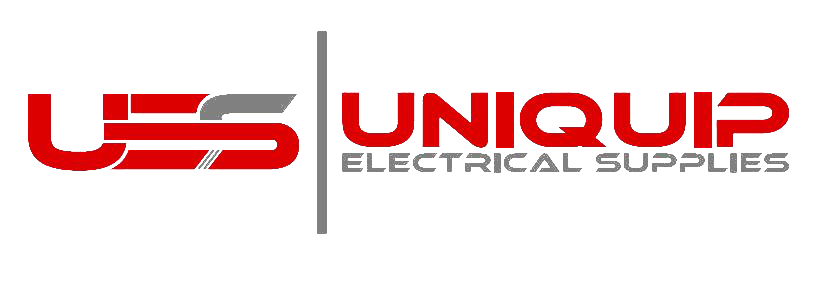The importance of competency verification for hand skills

Recent incident rates have highlighted how many modern-day apprentices do not possess the basic hand skills of past generations. There are several factors attributing to this, the most common being the impact of technology.
In this day and age, our youth are growing up in a world where smart phones, computers and social media contribute to a major part of their lives, whereas previous generations were more likely to spend their spare time working in their father’s shed, repairing vehicles and appliances, building things and the like. Generally using our hands.
In today’s throw-away and technology driven society, many basic hand skills that were previously learnt at an early age have been lost.
To help overcome this skills gap, it is essential that employers ensure their apprentices possess the knowledge and competency to use high-risk tools (such as power tools) prior to being allowed to operate them unsupervised.
The most effective way of ensuring this is the adoption of a Verification of Competency (VOC) process. So, what would this process look like?
A VOC process for tools would be a non-accredited method of assessment that can be used to demonstrate the apprentice’s ability to operate equipment and/or undertake the responsibilities of a certain job role. Basically, an assessment of the apprentice’s knowledge and skills.
Each high-risk tool should have a Standard Operating Procedure (SOP), against which the VOC is conducted. Suggested elements of the SOP include:
- Alignment, adjustment and clamping
- Manufacturer’s specifications
- Faults and/or defects
- Associated hazards
- Routine tool maintenance
- Work Health & Safety (WHS) requirements
- Selection and application of the high-risk tool
- Task requirements
- How to select, correctly fit and use appropriate personal protective equipment
- Tool storage
The process should be a documented process which will also assist employers in meeting their WHS obligations to deem staff competent to perform a task or operate plant and/or equipment.
For further information, please contact the ECA Safety team on (08) 6241 6100 or email safety@ecawa.org.au.















